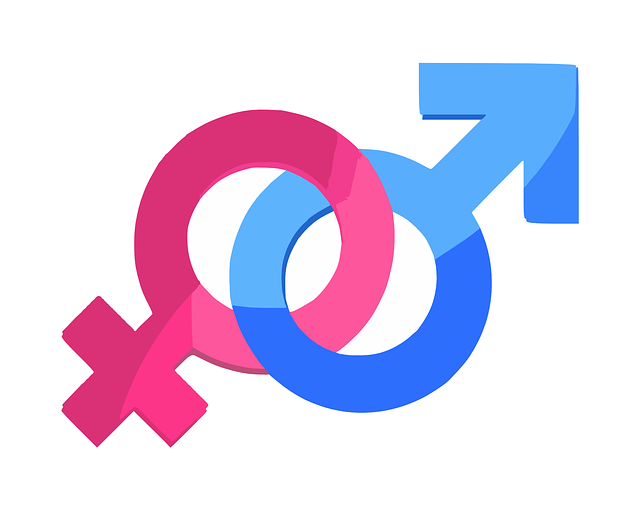
The Accademia della Crusca *, Italy’s prestigious language watchdog, has recently rejected the use of gender-neutral symbols in the Italian language. This decision comes amid ongoing debates around gender sensitivities and the impact on translation services. As languages evolve to accommodate modern sensibilities, professional document translation services play a crucial role in ensuring accurate and culturally appropriate communication while maintaining a balanced approach to linguistic changes.
* The Accademia della Crusca, generally abbreviated as La Crusca, is a Florence-based society of scholars of Italian linguistics and philology. It is one of the most important research institutions of the Italian language as well as the oldest linguistic academy in the world
Italian Language Watchdog’s Stance on Gender-Neutral Symbols
According to Language Magazine, the Accademia della Crusca has rejected proposals to incorporate gender-neutral symbols into the Italian language. These symbols, such as the “@” or “*” to replace gendered endings in words, have gained some popularity in recent years as a way to promote inclusivity and avoid gender bias for a minority group. However, the Accademia della Crusca has argued that these symbols are unnecessary and could even be damaging to the Italian language, asserting that the language already provides means to express gender neutrality.
Gender Sensitivities in Language and Translation
The debate surrounding gender-neutral symbols in Italian is just one example of the broader discussions taking place around gender sensitivities in language. As society becomes more aware of the need to be inclusive and respectful of diverse gender identities, languages may adapt to reflect these changes. Translators play a critical role in navigating these evolving linguistic landscapes, ensuring that translations are not only accurate but also sensitive to the cultural and social nuances of the target audience.
The debate surrounding gender-neutral language is not exclusive to Italian but affects many languages, particularly those with gendered grammar systems. Some of the languages most affected by this discussion include:
- Spanish: Like Italian, Spanish is a Romance language with grammatical gender. The use of gender-neutral symbols such as “@” or “x” to replace gendered endings in words (e.g., “amig@s” or “amigxs” instead of “amigos” or “amigas”) has been a topic of debate. (See Spanish translation Services)
- French: French also features a gendered grammar system. Efforts to promote gender-neutral language have led to the use of the “·” (middot) symbol to include both masculine and feminine forms (e.g., “auteur·rice” instead of “auteur” or “auteure”). (See French translation Services)
- German: German has three grammatical genders – masculine, feminine, and neuter. The language has seen attempts to use gender-neutral forms, such as replacing the masculine and feminine articles “der” and “die” with “das,” which is usually used for neuter nouns. (See German translation Services)
- Portuguese: Similar to Spanish, Portuguese is a Romance language that has seen efforts to promote gender-neutral language by using symbols like “@” or “x” to replace gendered endings in words. (See Portuguese translation Services)
- Hebrew: Hebrew is a Semitic language with a gendered grammar system. There have been efforts to create gender-neutral alternatives to pronouns and verb conjugations to promote inclusivity.
- Russian: Russian, a Slavic language, has a gendered grammar system with masculine, feminine, and neuter forms. Debates around gender-neutral language have centered around finding alternative ways to express gender-neutral pronouns and adjectives. (See Russian translation Services)
It is important to note that the discussion around gender-neutral language varies significantly between languages and cultures. While some languages may be more affected by this debate, it is a topic of interest across many linguistic communities.
The Role of Document Translation Services
In light of these ongoing debates and the increasing importance of gender-sensitive language, professional document translation services have become indispensable. Tnfast Translations is a trusted provider of document translation services that can assist with a variety of needs, including adapting to evolving language norms and addressing gender sensitivities.
Tnfast Translations takes a balanced approach to translation, recognizing the importance of both maintaining the integrity of languages and accommodating the needs of minority groups. By providing accurate, reliable, and timely translations, Tnfast Translations can help individuals and organizations ensure they are prepared to face the challenges posed by the changing linguistic landscape.
As languages continue to evolve in response to societal shifts and the need for more inclusive communication, the importance of professional document translation services cannot be overstated. The recent decision by the Accademia della Crusca highlights the ongoing debates around gender-neutral symbols and the impact on translation services. Tnfast Translations remains committed to providing accurate and culturally appropriate translations while maintaining a balanced approach to linguistic changes. Reach out to Tnfast Translations to learn more about how their document translation services can support your needs in an ever-changing world.
Get Started With Tnfast Translations
For all document translation enquiries, email: [email protected]. We are support by NAATI translators for any legal and migration document translation requirements. Certified translation is often required whether it is for migration to Australia or for overseas.